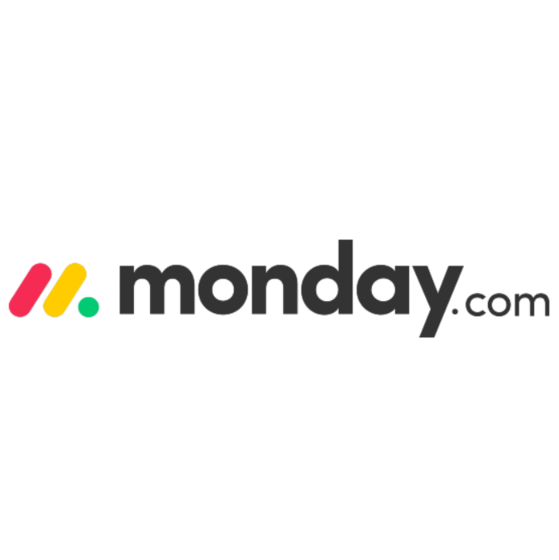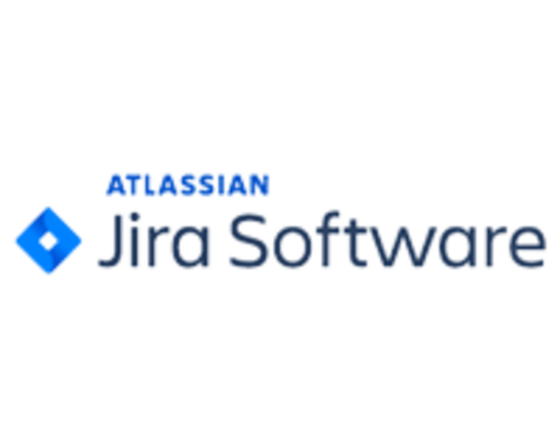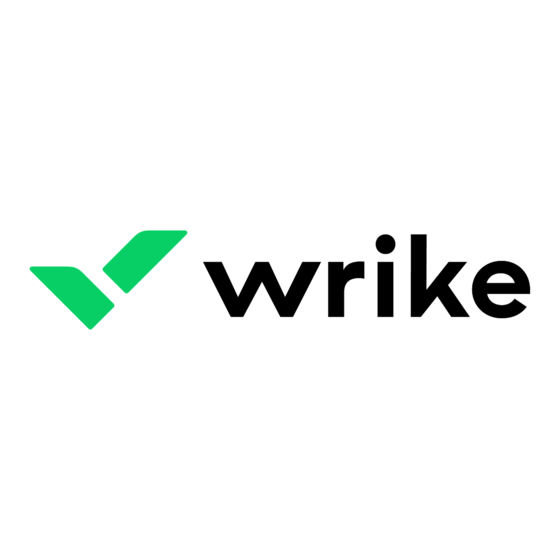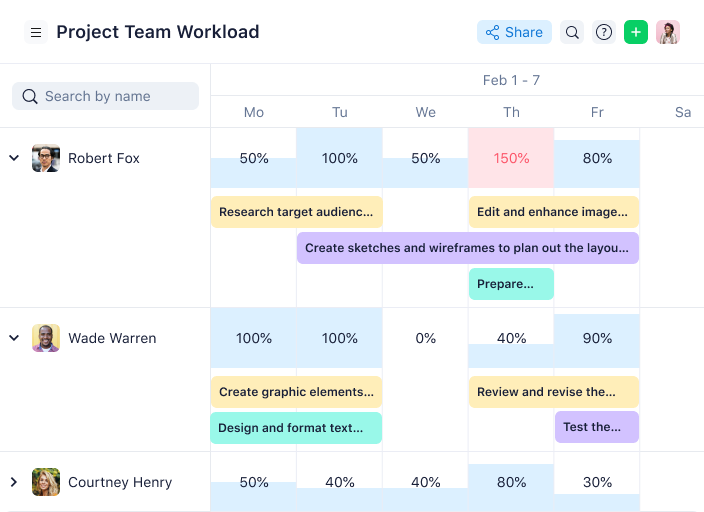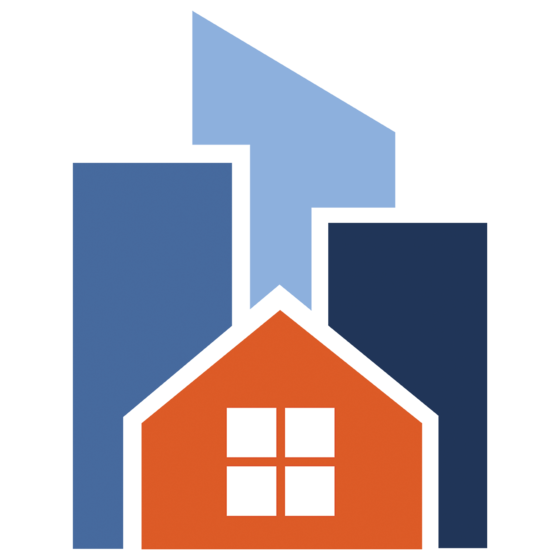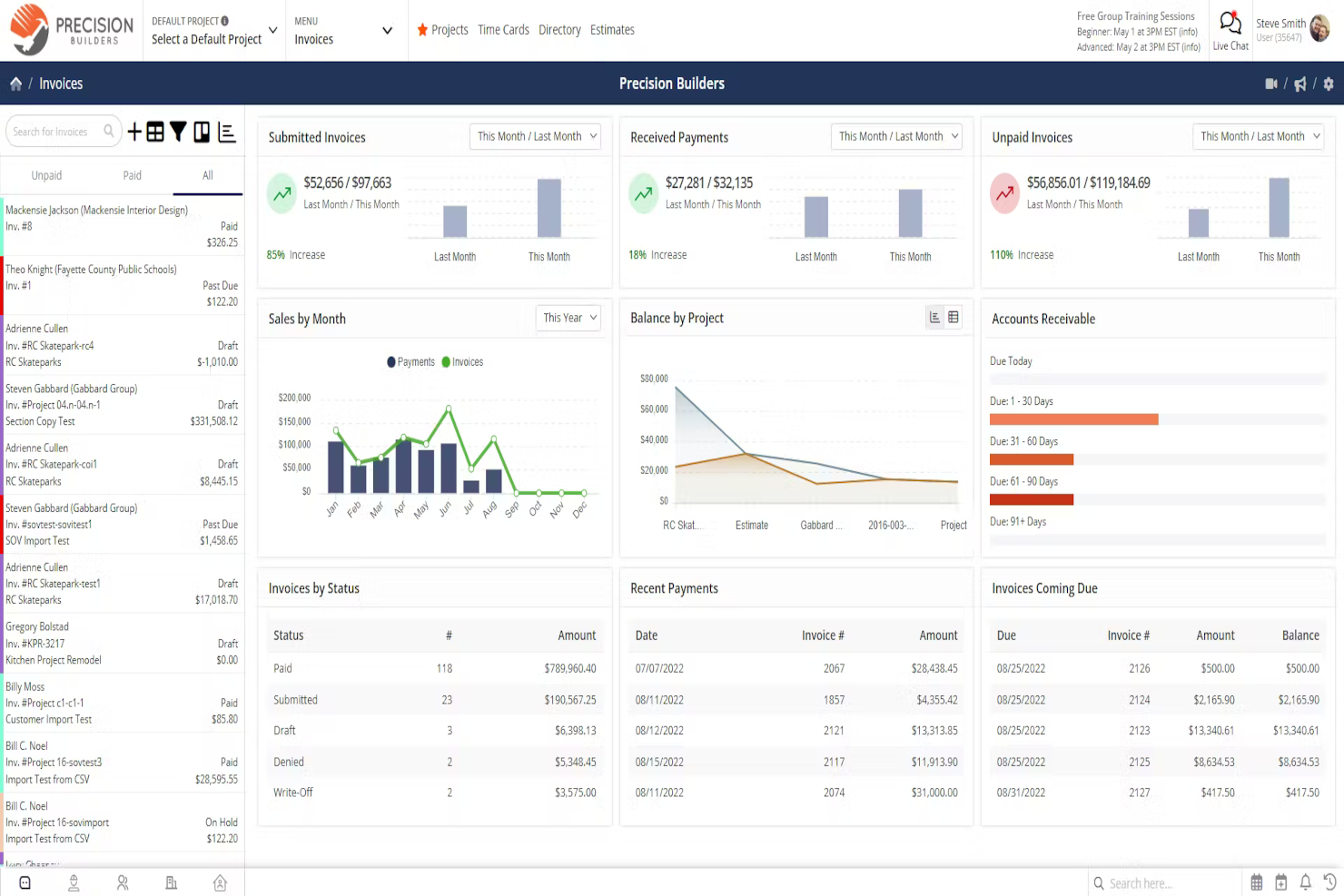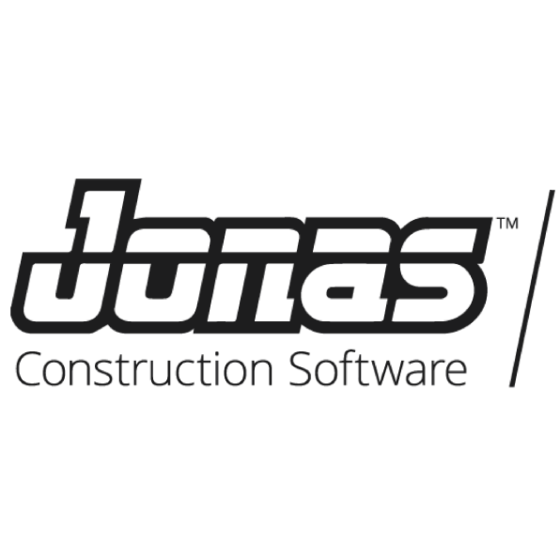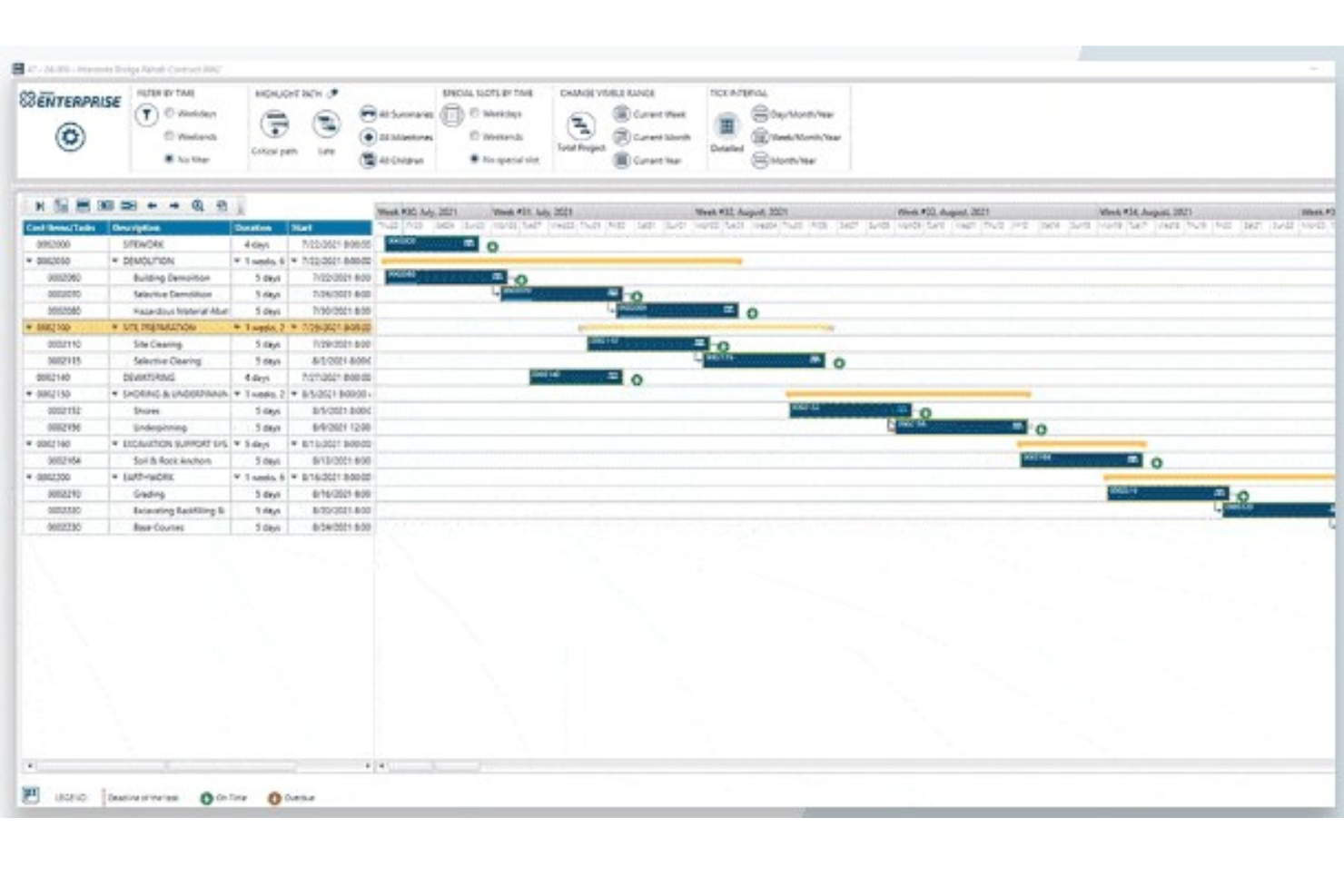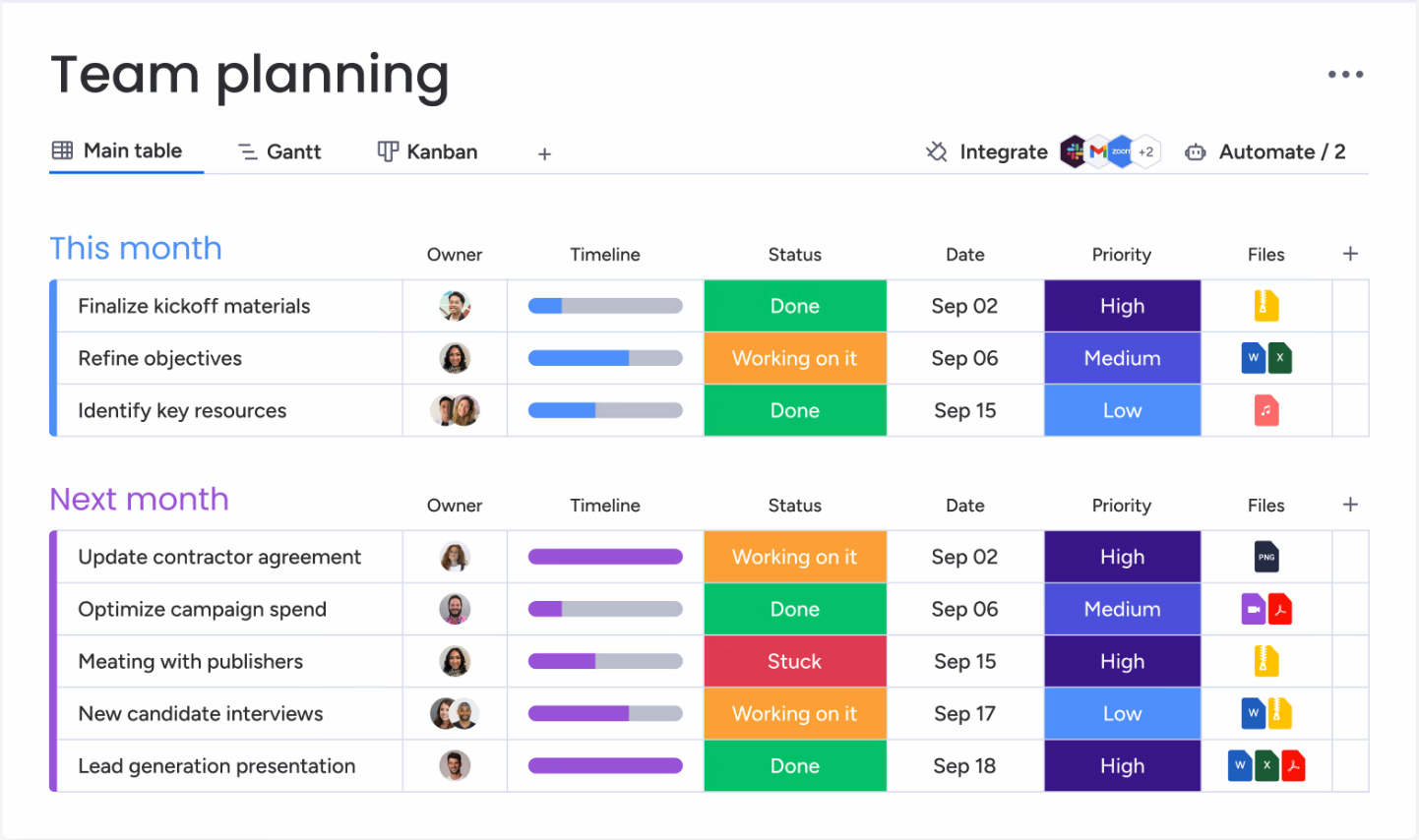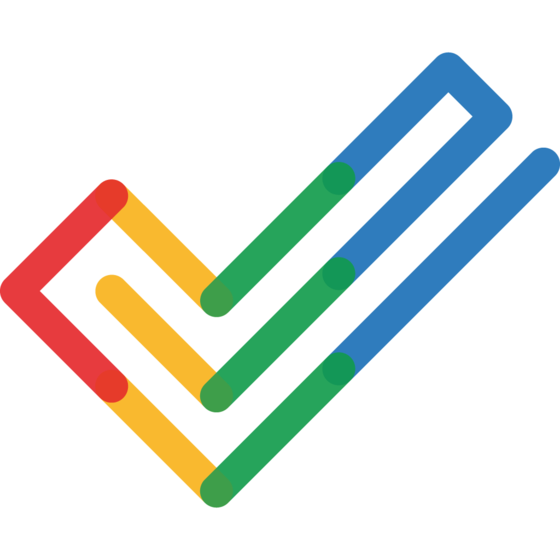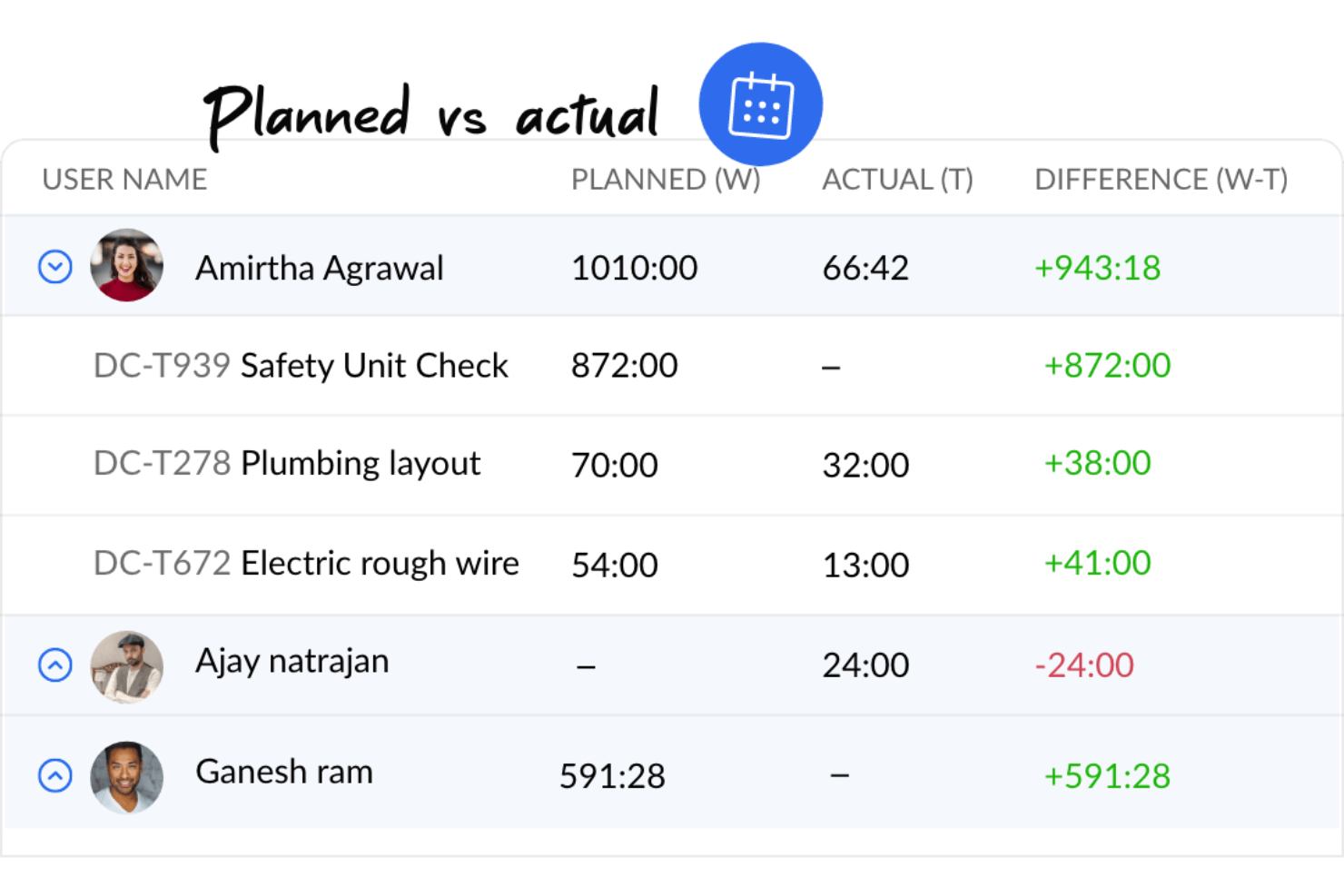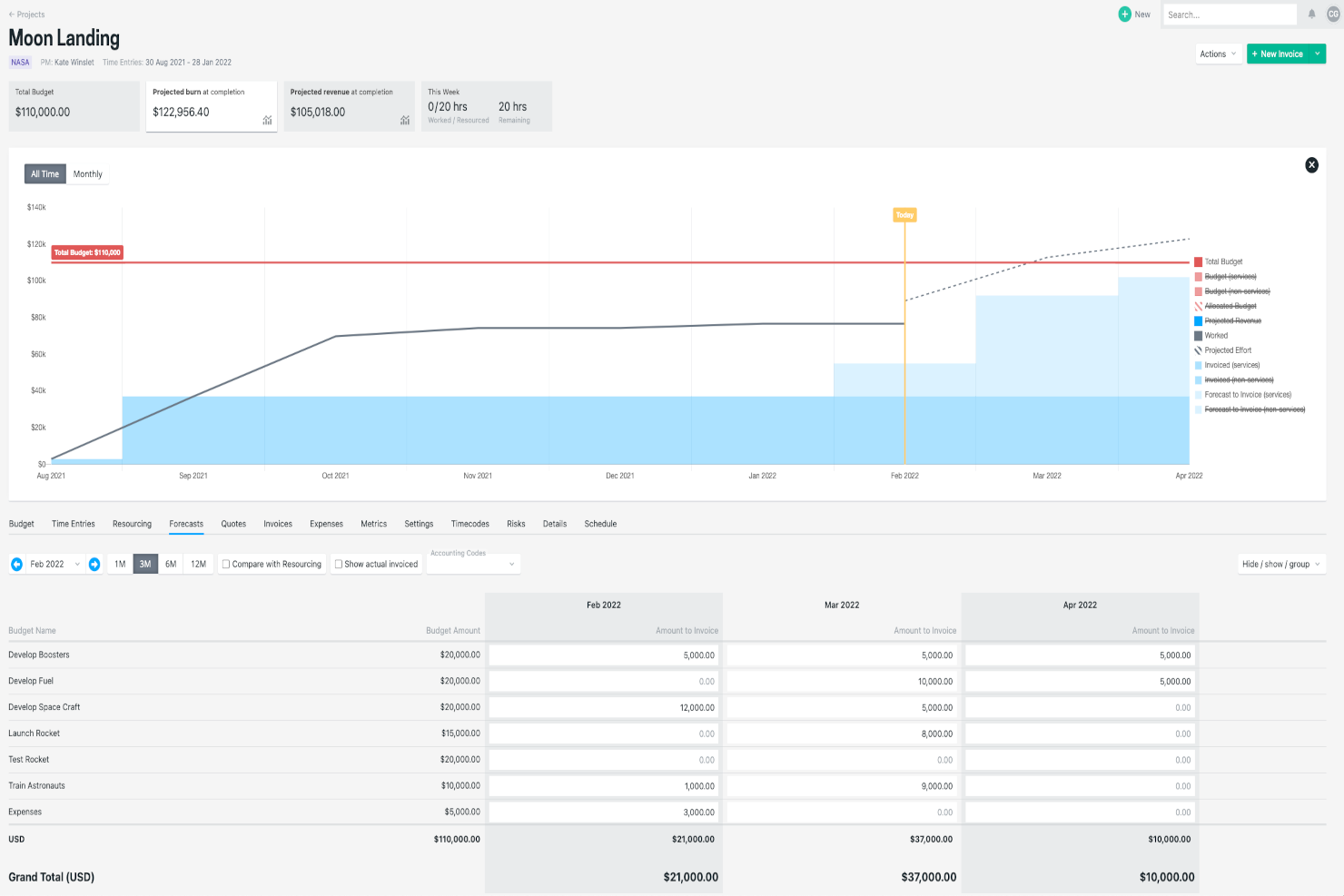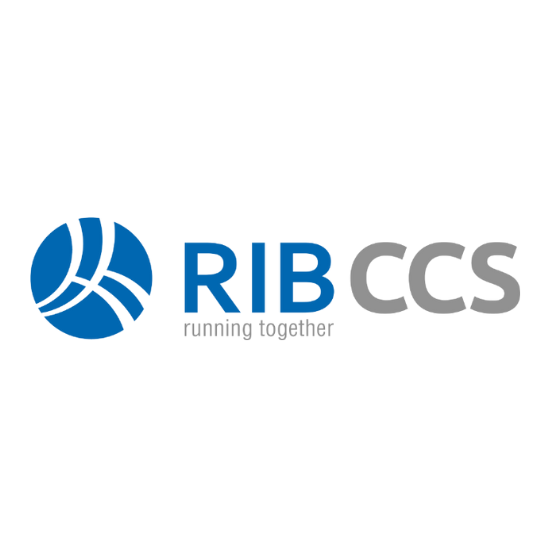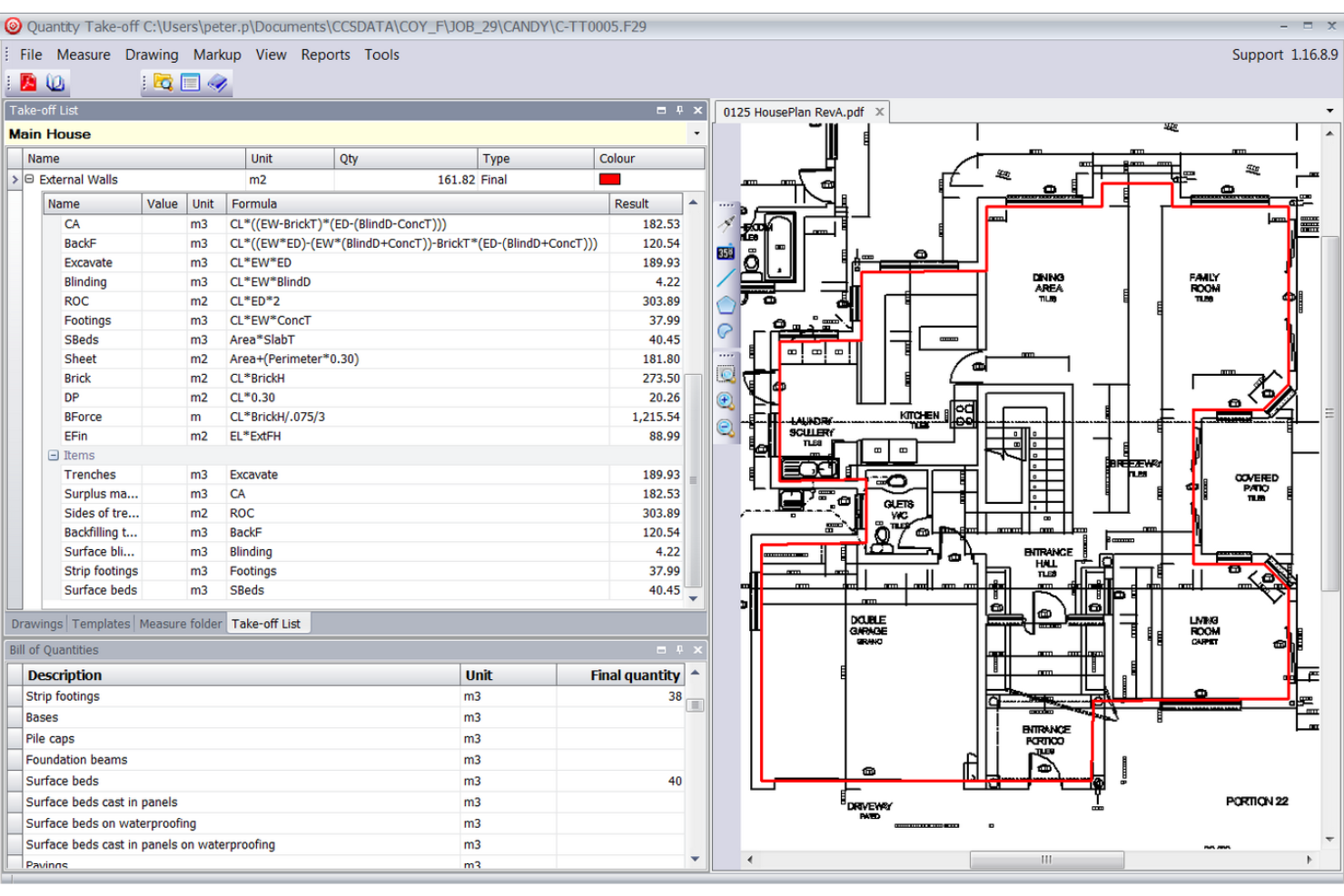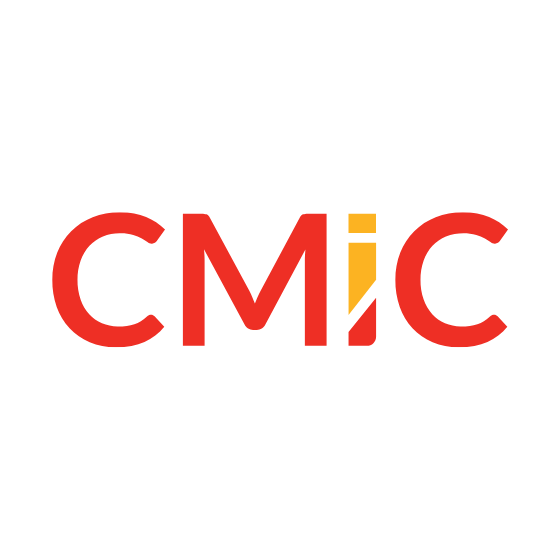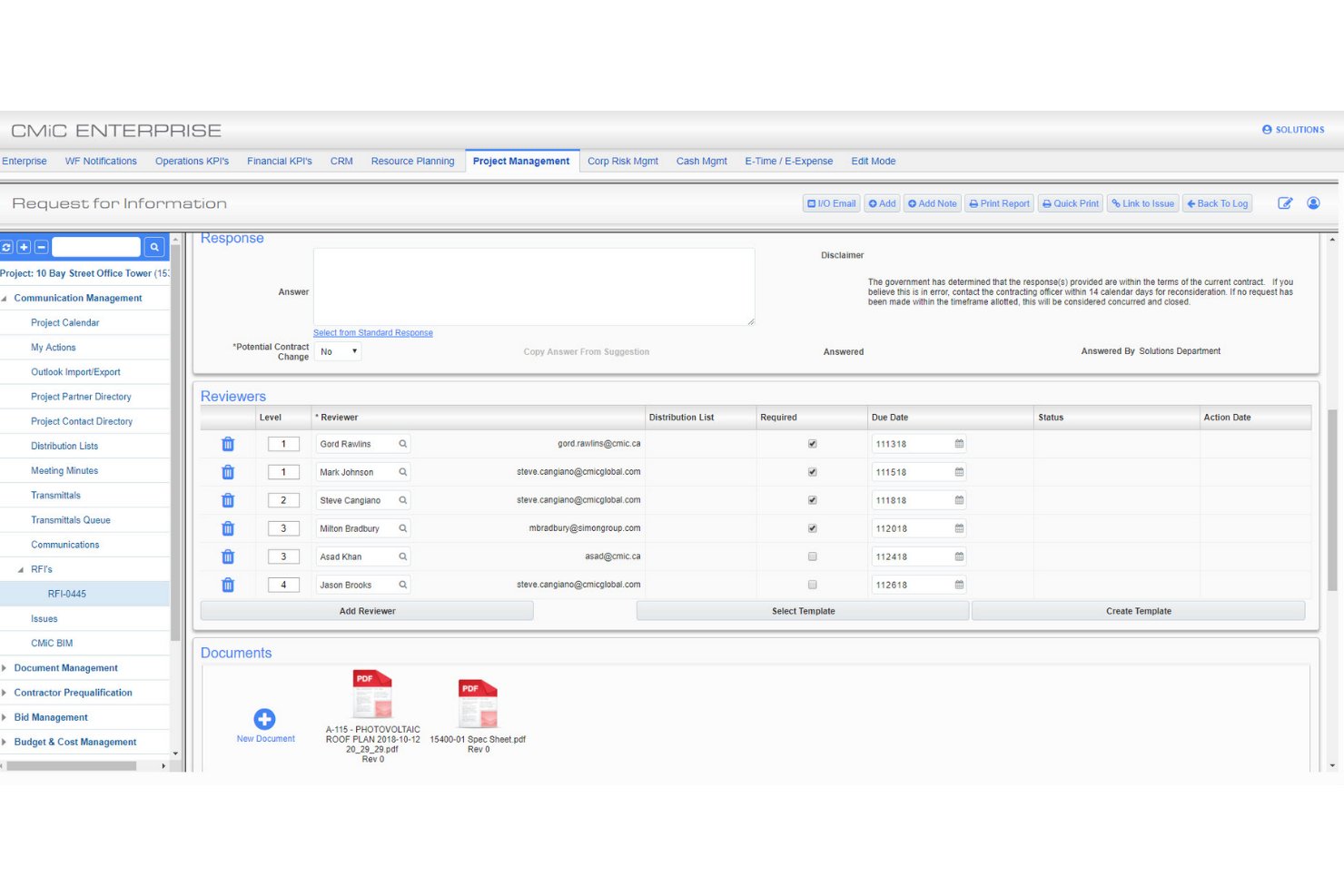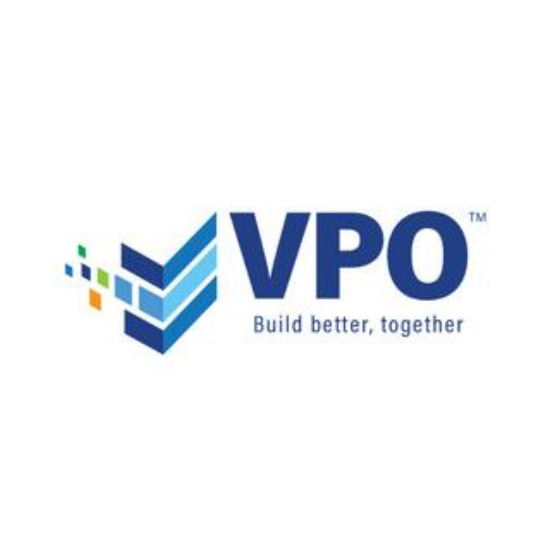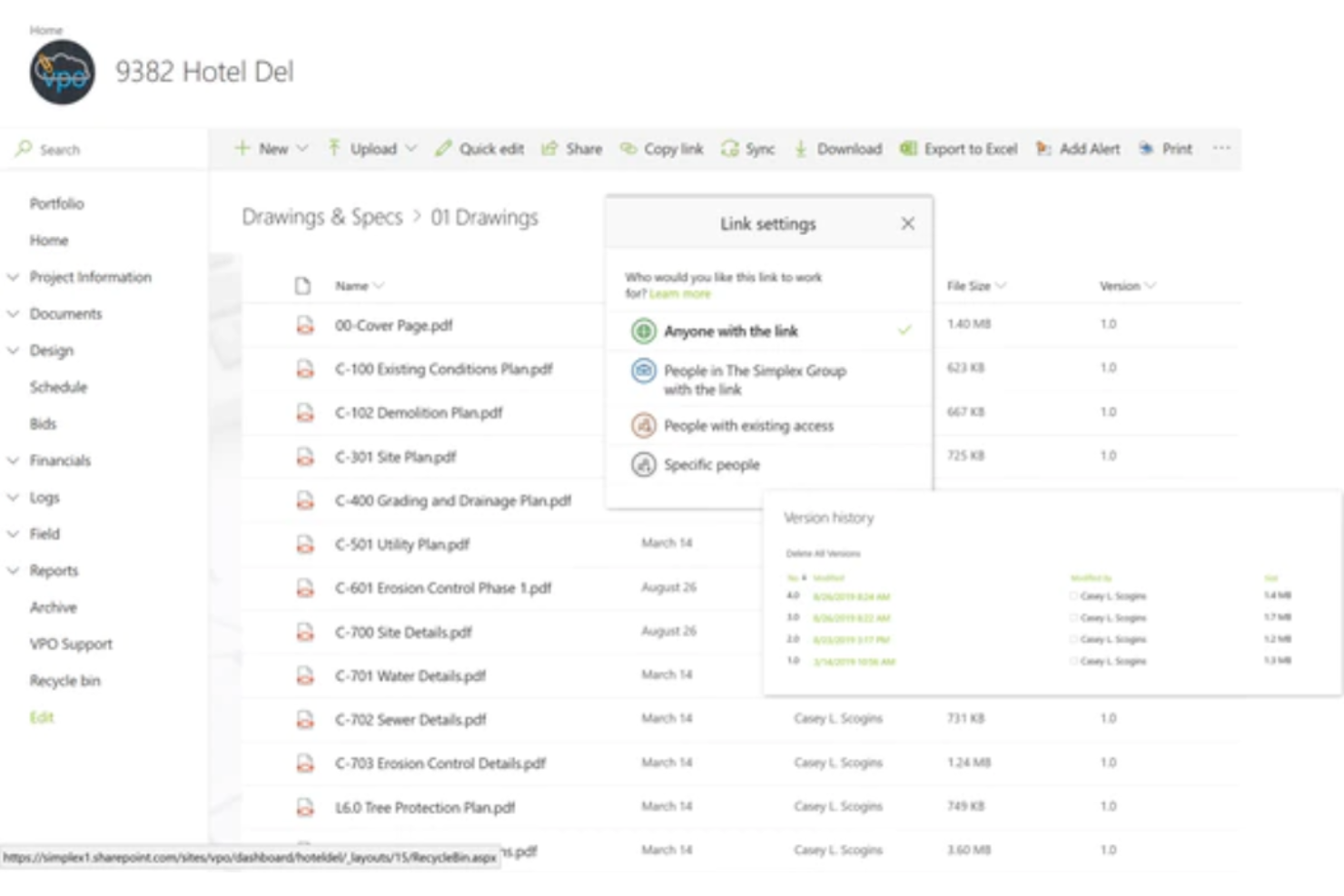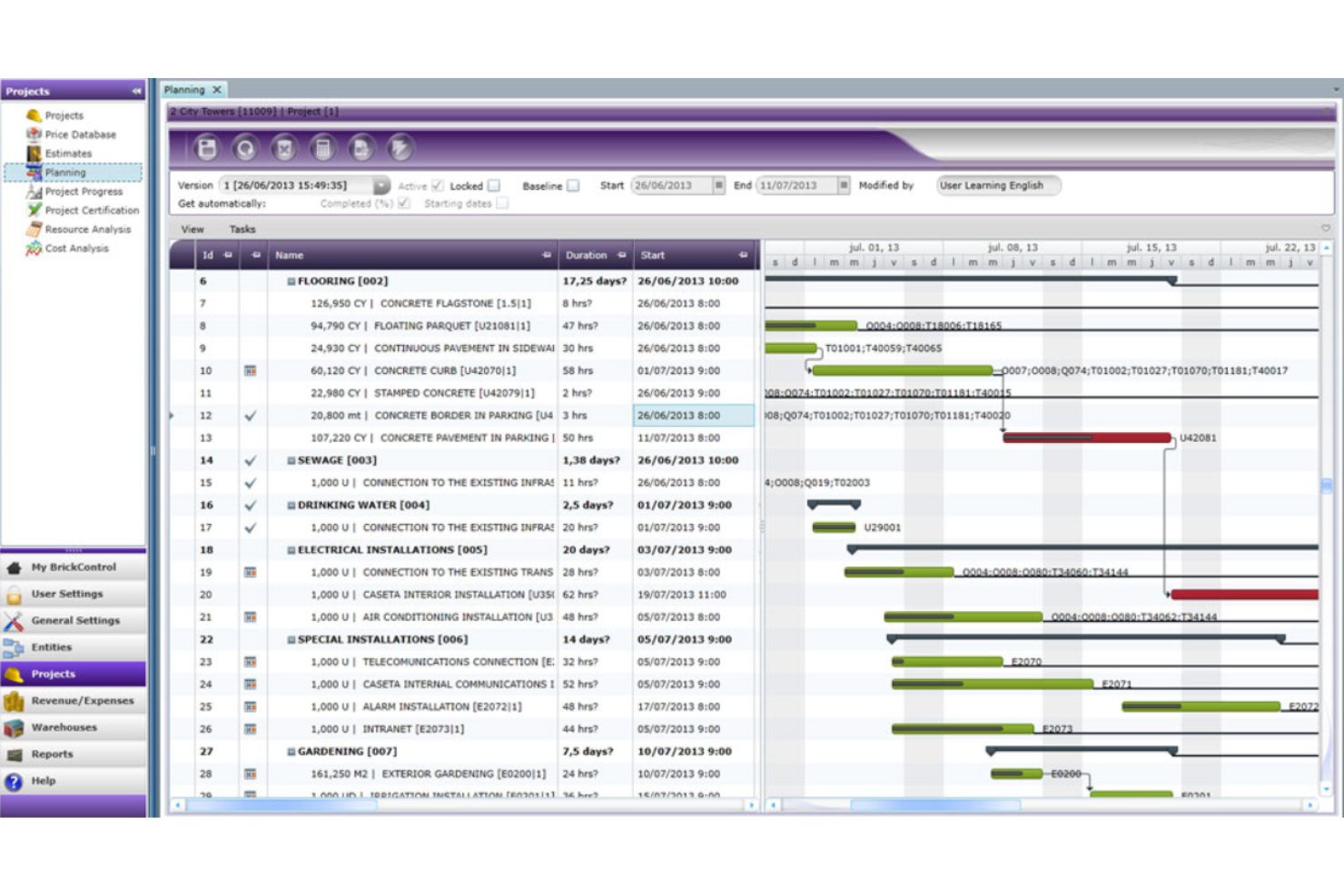10 Best Construction Project Management Software Shortlist
Here's my pick of the 10 best software from the 27 tools reviewed.
There are seemingly countless construction project management software solutions available, so figuring out which is best for you is tough. You want to plan, schedule, and manage your construction projects better but need to figure out which tool is the best fit. I've got you! In this post I make things simple, leveraging my experience managing complex construction projects and using dozens of different PM tools to bring you this shortlist of the best construction project management software.
You Can Trust Our Construction Project Management Software Reviews
We’ve been testing and reviewing construction project management software since 2012. As project managers ourselves, we know how critical and difficult it is to make the right decision when selecting software.
We invest in deep research to help our audience make better software purchasing decisions. We’ve tested more than 2,000 tools for different Project Management use cases and written over 1,000 comprehensive software reviews. Learn how we stay transparent & our construction project management software review methodology.
The Best Construction PM Software Summary
You can use the following chart to find the best Construction PM tool for your needs:
| Tools | Price | |
|---|---|---|
| Wrike | From $9.80/user/month | Website |
| Contractor Foreman | Contractor Foreman’s plans start at $49 per month, billed annually. | Website |
| Jonas Construction | Pricing upon request | Website |
| monday.com | From $8/user/month (billed annually, min 3 seats) | Website |
| Zoho Projects | From $5/user/month (billed annually). | Website |
| Projectworks | From $370 /month (for up to 10 users) | Website |
| Candy CSS | Pricing upon request | Website |
| CMiC | From $90,000 as a one-time payment | Website |
| VPO | Pricing upon request | Website |
| BrickControl | From $25/month plus $12/additional user | Website |
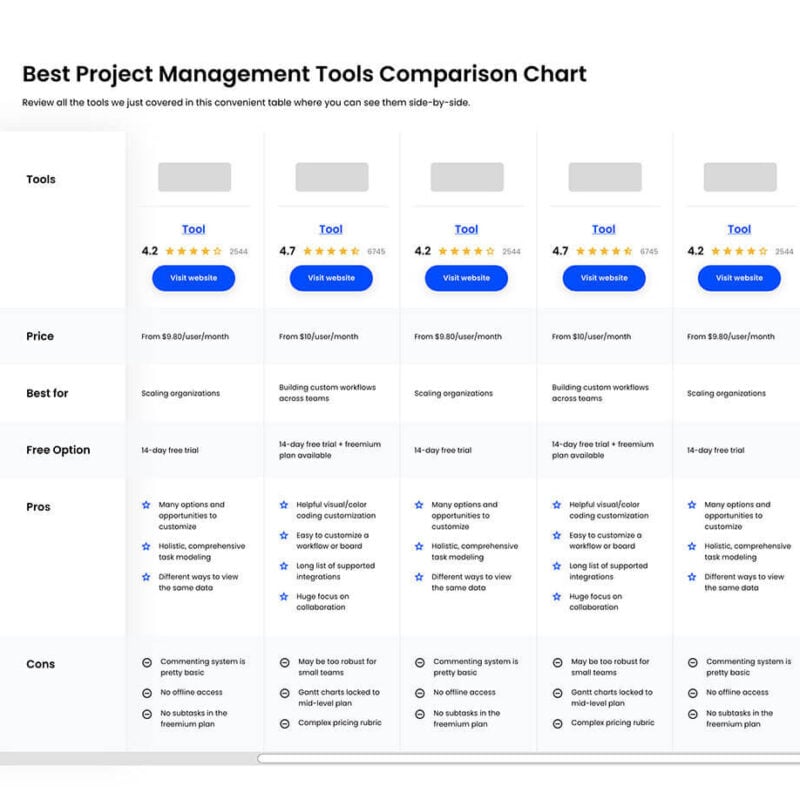
Compare Software Specs Side by Side
Use our comparison chart to review and evaluate software specs side-by-side.
Compare SoftwareHow To Choose Construction Project Management Software
With so many different construction project management software solutions available, it can be challenging to make decisions on what construction project management software is going to be the best fit for your needs.
As you're shortlisting, trialing, and selecting construction project management software consider the following:
- What problem are you trying to solve - Start by identifying the construction project management software feature gap you're trying to fill to clarify the features and functionality the construction project management software needs to provide.
- Who will need to use it - To evaluate cost and requirements, consider who'll be using the software and how many licenses you'll need. You'll need to evaluate if it'll just be the project team, or the whole organization that will require access. When that's clear, it's worth considering if you're prioritizing ease of use for all, or speed for your construction project management software power users.
- What other tools it needs to work with - Clarify what tools you're replacing, what tools are staying, and the tools you'll need to integrate with, such as accounting, CRM or HR software. You'll need to decide if the tools will need to integrate together, or alternatively, if you can replace multiple tools with one consolidated construction project management software.
- What outcomes are important - Consider the result that the software needs to deliver to be considered a success. Consider what capability you want to gain, or what you want to improve, and how you will be measuring success. For example, an outcome could be the ability to get greater visibility into performance. You could compare construction project management software features until you’re blue in the face but if you aren’t thinking about the outcomes you want to drive, you could be wasting a lot of valuable time.
- How it would work within your organization - Consider the software selection alongside your workflows and delivery methodology. Evaluate what's working well, and the areas that are causing issues that need to be addressed. Remember every business is different — don’t assume that because a tool is popular that it'll work in your organization.
Best Construction Project Management Software Reviews
These are the best pieces of Construction PM software currently on the market:
Wrike is a powerful project management software that caters to the unique needs of construction projects. With its comprehensive features and tools, this software allows users to keep track of every aspect of their project, from budgeting to scheduling, resource allocation, and team collaboration. They can easily create custom workflows and task lists, delegate responsibilities, and monitor progress, making it an ideal solution for busy construction managers who must simultaneously stay on top of multiple projects.
This cloud-based platform provides real-time data and analytics, allowing teams to make better, data-driven decisions that can improve project outcomes and increase profitability. Its resource management feature lets supervisors manage and track project resources, such as equipment and materials, in real time. This feature also allows managers to check availability, allocate resources to specific tasks, and identify underutilized resources within the project.
Wrike's collaboration tools enable all team members to work together seamlessly by providing real-time messaging, commenting, and video conferencing tools. Its timesheets provide granular insights into the labor costs associated with each project stage, which is helpful in the construction industry, where projects can span months or even years. This feature gives users complete visibility into their workforce's activity, enabling them to make more informed decisions and adjustments to ensure the project stays on time and within budget.
The software’s intuitive interface provides users with drag-and-drop functions to manage the timeline, budgets, and resource allocation. They can also specify project milestones to track progress while ensuring all team members stay on the same page. Wrike’s Gantt charts clearly show the project timeline, highlighting the dependencies between tasks. This allows stakeholders to better understand how each task relates to the overall project and helps identify potential roadblocks early.
Pricing starts at $9.80/user/month, and a free plan is available.
Best project, resource, and document management for construction teams
Contractor Foreman is a cloud-based software that helps manage construction projects, resources, documents, and finances. Features span to include employee time tracking, project scheduling, billing and invoicing, and document sharing. Users can manage multiple projects simultaneously and dispatch teams based on availability and proximity because of the software's GPS tracker.
Project plans, daily logs, to-do lists, and client portals can all be used to streamline the project lifecycle and keep everyone in the loop on progress. Users can create personalized forms, templates, inspection checklists, and reports to fit project-specific requirements, helping you collect all the essential data to plan and execute your construction projects. The software also includes a custom estimation module with quick selections and customizable items allowing contractors to quickly create professional estimates.
Photos, measurements, and other important project documents can be easily captured on the go with the mobile app. The document management module enables users to manage all construction project-related documents in one place. This could include plans, drawings, blueprints, photos, and contracts. Contact management is also included, to help you manage your client, vendor, and subcontractor data.
Integrations with other apps like QuickBooks, WePay, Outlook 365, Google Calendar, CompanyCam, Gusto, and Angi Leads are available. You can also use a paid Zapier account to unlock additional software integrations. A free 30-day trial is available, and paid plans start at $49 per month, billed annually.
Jonas Construction Software is a comprehensive software system designed specifically for construction companies and specialty contractors, with over 30 years of experience serving this niche. Their software is a popular choice among a wide range of contractors, including mechanical, electrical, plumbing, energy & solar, HVAC, specialty, landscape & maintenance, and fire & sprinkler contractors. It offers a wide range of features including project management, service management, accounting, payroll, and integrated operations.
Within their Project Management module, you'll find all the tools you need to manage project schedules, documents, procurement, job costing, estimating & forecasting, invoicing & billing, and more. They even have a work-in-progress (WIP) cost reporting feature to help you access up-to-date forecasts for your final costs, including over/under billing. Plus, all their modules are integrated and updated in real-time, giving you total visibility over your project's progress in each key area while creating a solid connection between the field and your back office for reliable decision-making.
Other features that make it stand out include daily logs, work order management tools, a client services portal, and tools to handle construction change orders, RFI's (requests for information), submittals & transmittals, and purchase orders & procurement requests. Jonas even includes features to help manage your equipment and inventory, as well as documents and reports.
Integrations with third-party software systems are not specified, though their software does offer integrated solutions for accounting, payroll, project management, and service management, reducing the need to rely on other systems for these core functions.
Monday.com is a construction project management software that supports the planning, execution, monitoring, and closure of projects. It provides teams with customizable templates, visual dashboards, and centralized data management to improve project visibility and control.
Its customizable templates cater to various project needs and its visual dashboards provide an overview of project progress. What differentiates it is its centralization of communication and the automation of workflows, which are crucial for managing complex construction projects.
What this software can give you and your team is a central location where everyone can communicate and be aware of their involvement in the project. This shared knowledge lets construction PMs assign work when it's due, pay contractors on time and involve them when they are required to intervene. Ultimately, it saves costs by preventing situations where rework is required when adjustments have to be made along the way.
monday.com ensures issues, delays, and progress are synced with project managers, contractors, subcontractors, and customers. It also allows you to connect multiple plans together to get the bigger picture on execution vs planning across many areas.
Other features include setting and tracking milestones, managing task dependencies, and integrating with other tools for centralized work management. Additionally, the platform provides custom automations for process efficiency, and Enterprise-grade security to protect data. It caters to various organizational needs, including work management, sales CRM, and development, and supports multiple languages with a range of user resources and support options.
Integrations include project management apps like Slack, Google Drive, Gmail, Google Calendar, Jira, GitHub, Trello, Dropbox, Typeform and many more, accessible through a paid plan with Zapier. You can also access their API to build custom integrations with your tech stack.
Zoho Projects is a project management software that's flexible and versatile. It can be used in a variety of settings, including for construction projects. The robust feature suite can cater to projects with different levels of complexity in all kinds of contexts.
What stands out about this platform is the built-in budgeting tools. You can set project budgets, manage quotes and establish base pricing in the system. Your project spending will be tracked in real-time as the work progresses, helping you stay on budget and spot any unforeseen costs. In fact, you'll get an alert if you're ever going over your planned budget. Finally, a planned vs. actual comparison is available in the reporting module.
As for project management features, the software has tools to help you be prepared for the classic setbacks that come with construction work (weather, material deliveries, approvals, etc.). For example, you can add extra time between tasks when you're setting up your dependencies. You can also overlap tasks that don't have dependencies, helping to create more efficiency for your team.
Resource management and document management are also available in the platform. Your quotes, drawings, policies, and other files can all be stored together – plus, version history is included so you can keep track of any updates. And you can schedule the right workers for the right jobs.
Pricing for Zoho Projects starts at $5 per user per month, with a 10-day free trial included. A free plan is available for teams of no more than three users.
Projectworks is a cloud-based software solution that helps automate and streamline construction project management. It helps project managers keep on top of tasks like scheduling, project tracking, budgeting, and communication among team members. It's an all-in-one software for managing projects, suitable for general contractors, builders, and subcontractors. The platform provides real-time oversight that enables project managers to resolve problems with the project while still in the early stages, preventing delays or cost overruns. This level of oversight equals better control over project risks and the ability to comply with industry regulations.
The platform organizes data in an easily readable format for better analysis and decision-making. Project managers can access the data to formulate granular insights to make informed project management judgments. Users can create detailed project plans with task assignments, dependencies, and critical path analysis. It provides an interactive Gantt chart that helps managers create and manage their project schedules in a more orderly fashion. Projectworks allows construction companies to identify and allocate resources efficiently, including managing labor, materials, and equipment, which are crucial to project completion. The software also provides real-time insights into resource availability and allows users to adjust the project schedule accordingly.
Projectworks provides a platform for real-time collaboration and communication. It allows team members to communicate and collaborate instantaneously, share project information, and resolve issues quickly. It has a messaging system and a comments section where users can collaborate, exchange feedback, and keep track of the project's progress. The software provides a centralized location for all project documentation, from contracts to progress reports. Construction project managers can easily share documentation and ensure the entire team can access the same information. Projectworks provides users with access to detailed project reports and analytics. Users can analyze trends, review costs, and evaluate performance.
Pricing is available upon request, and they offer a free trial.
Estimating and project control solution for the construction industry offering critical path planning, cashflow modeling, dynamic forecasting, and more
Candy CCS is a specialized software solution for the construction and engineering industries that is developed by contractors to address industry-specific needs. They address estimating and cost control, project control, enterprise management, and more.
Candy CCS is user-friendly and the UX is transparent and useful, if a bit drab. It can take some time and practice to get into programming on CCS but it overall scored quite well in our evaluation consideration for Usability and UX.
Integrations include Pastel’s Accounting Software and BuildSmart. No other information was available on their site.
On occasion, reporting doesn’t work as intended and will offer an error or a corrupt PDF. Navigation and management of Quantity take-offs (QTO) estimates and tracking could be more comprehensive.
Candy CCS offers pricing upon request and has both a free trial and a free demo available.
CMiC
Construction software suite with PM features like file management, job site management, and useful communication features
CMiC delivers enterprise and field operations solutions purpose-built for construction and capital projects companies by using a single database platform for all planning. You can manage invoices, purchases, subcontractor compliance, change orders, punch lists together with your customer relationship management in one place.
CMiC is a robust, scalable tool that uses expert infrastructure to organize collaboration, data storage and retrieval, and intelligent reporting technology. Their tools help create a database of information that is easily searchable and clean.
CMiC has built-in seamless integrations with Kofax, DocuSign, Plan Grid, BlueBeam, AutoDesk, Oracle/Textura, and other third-party applications.
A one-time payment might be a relief to companies who don’t want to dabble in endless billing cycles and hard-to-cancel contracts – however, the substantial price tag makes CMiC an inaccessible choice to many, losing them some point in our evaluation for Value for Cost.
CMiC starts at $90,000 as a one-time payment and has a free demo.
VPO
Described as the easiest construction project management software—quick to deploy and accessible on any device
VPO markets itself as the easiest construction project management software because it’s customizable, easy to use, accessible on any device. It’s also based off of the Office 365 system so for project managers who are used to Excel or Microsoft Project the learning curve is shorter.
VPO’s feature set includes features for bidding, financials, meeting management, capturing work in progress, RFIs, submittals, change orders, project emails, service management, and scheduling. It also has a program management feature to keep your eye on the bottom line and aid program level decision-making.
The dashboards are above average in this software, with useful executive dashboard reports and visual displays of your projects by location.
VPO offers pricing upon request and has a Free Demo.
BrickControl
Well-rounded construction management software to study, manage, execute, and supervise projects
BrickControl is a cloud-based construction management software with features like estimates, project progress reports, certifications, cost management, project budgets, automated project planning tools, resource management tools, project deviation control, and more.
BrickControl works on both Mac and Windows interfaces. It is multilingual and multi-currency enabled. The interface is simple and clean with a great POV via lists and Gantt charts. Overall, they did well in both UX and Usability when considering the evaluation specifications.
Integration with other products is possible through a complete API.
The software is a little feature-light compared to other options on the list. However, they are constantly expanding. Plus, their price is more than fair for what they do offer.
BrickControl starts at $25/month plus $12/additional user and has a free 7-day trial.
Other Construction Project Management Tools
These construction management tools didn’t make my top 10 list, but they’re still worth checking out:
- Builterra
Best construction software for contract administration
- PASKR
Project management app focused on growing your construction business through standardization and automation
- GenieBelt
Builder software with a great user interface in use at some of the largest construction companies in the world
- Onware
Cloud-based solution with data flow between documents, PDF access without additional plug-ins, item age tracking, flexible reporting & more
- Joist
Contractor app that helps contractors estimate, invoice, collect payments, and manage projects.
- ConstructionOnline
Top-rated construction PM software with scheduling, RFI tracking, task tracking software, job costing & more
Related Project Management Software Reviews
- Project Management Software
- Resource Management Software
- Workflow Automation Software
- Time Tracking Software
- Task Management Software
- Collaboration Tools
Selection Criteria For Construction Project Management Software
Selecting the right construction project management software hinges on aligning functionality with specific use cases that matter most to users and organizations. Through hands-on trials and comprehensive research, I've pinpointed criteria essential for choosing software that adeptly tracks construction tasks, phases, documentation, and manages contractor relationships.
Core construction project management software Functionality (25% of final scoring): Common features for construction project management software typically include task scheduling, resource allocation, budgeting, progress tracking, document management, communication tools, risk assessment, compliance tracking, quality control, and reporting capabilities. To be considered for inclusion on my list of the best construction project management software, the solution had to support the ability to fulfill common use cases.
- Efficient task and phase tracking
- Centralized document management for easy access to plans, permits, and contracts
- Budget management and cost tracking to prevent project overruns
- Enhanced communication channels for seamless interaction among stakeholders
- Contractor and subcontractor management to streamline collaborations
Additional Standout Features (25% of final scoring): Innovative features set apart the best tools in the construction project management software category. Identifying unique functionalities that competitors don't offer involves exploring and testing for:
- Advanced analytics and custom reporting tools that provide deeper project insights
- Integration with cutting-edge technologies like AI and machine learning for predictive analysis
- Mobile access and app functionality for on-site project management
- Environmental sustainability tracking features for green building projects
- Real-time collaboration and editing capabilities for blueprints and documents
These standout features exemplify tools leveraging innovative functionalities to address specific industry needs beyond generic capabilities.
Usability (10% of final scoring): Usability is crucial for ensuring that project management tools can be effectively utilized without steep learning curves. In evaluating usability, I look for:
- Intuitive interfaces, such as drag-and-drop scheduling tools
- Clear and concise dashboards that provide at-a-glance project status
- Mobile app design that mirrors the desktop experience for seamless transition
- Customizable views that cater to different user roles and preferences
Onboarding (10% of final scoring): Effective onboarding is key to swiftly bringing teams up to speed with new software. Good onboarding includes:
- Comprehensive training videos and documentation
- Pre-built templates and interactive product tours
- Responsive customer support and chatbots for immediate assistance
- Community forums or webinars for deeper learning
Customer Support (10% of final scoring): Reliable customer support ensures users can resolve issues promptly. I evaluate:
- Multichannel support, including live chat, email, and phone
- Availability of a knowledge base for self-service troubleshooting
- Response time and quality of support received
- Access to a dedicated account manager for enterprise clients
Value For Money (10% of final scoring): Assessing value for money involves comparing pricing models against the breadth and depth of features offered. Criteria include:
- Transparent pricing with no hidden fees
- Scalability of plans to suit different project sizes and complexities
- Free trials or demos to evaluate software before purchase
- Comparison of feature sets against competitors at similar price points
Customer Reviews (10% of final scoring): Customer reviews provide real-world insights into software performance. When evaluating reviews, I consider:
- Overall satisfaction and whether expectations were met
- Specific feedback on usability, features, and customer support
- Frequency of updates and responsiveness to user feedback
- Comparisons drawn with other software used by the reviewer
This comprehensive approach to selecting construction project management software ensures that the tools not only meet the fundamental requirements of tracking and managing construction projects but also offer additional value through innovative features, usability, and customer support, providing a solid foundation for making an informed decision.
Trends In Construction Project Management Software For 2024
In 2024, the landscape of construction project management software is undergoing significant transformations, reflecting the industry's evolving demands for efficiency, collaboration, and innovation. Here are several trends shaping the future of construction project management.
- Integration with GPS and Mobile Capabilities: Tools like Contractor Foreman have enhanced GPS tracking and mobile app functionalities, allowing for real-time tracking of teams and resources, thereby improving dispatch efficiency and project scheduling.
- Robust Document Management: Contractor Foreman offers comprehensive document management features, including customizable forms, templates, and inspection checklists, catering to the unique requirements of each project. Since documentation is at the centre of construction projects, from contracts with contractors to permits and licenses, we expect more developments related to the searchability of documentation.
- Advanced Budgeting and Expense Management: Platforms like Zoho Projects integrate powerful budgeting tools within the project management interface, enabling closer monitoring of project finances and expenditures.
Novel and Unusual Functionalities
- 3D Modeling Integration: ProjectSight by Trimble stands out with its integration of 3D modeling, aiding in effective planning and conflict resolution, a feature that is not commonly found in construction management software.
These trends reflect the industry's ongoing efforts to address key challenges, such as keeping projects on schedule, managing complex documentation, and ensuring regulatory compliance, through technological innovation.
What Is Construction Project Management Software?
Construction project management software is a tool used for planning, coordinating, and controlling construction projects. It helps managers keep projects on track by scheduling tasks, managing budgets, and tracking progress. This software streamlines communication among teams, provides real-time updates, and stores documents in one place. It's useful for ensuring projects are completed on time and within budget, improving efficiency and reducing errors in the construction process.
Features Of Construction Project Management Software
With a myriad of options available, pinpointing the features that align with your project needs can significantly influence the success of your construction projects. Here are the crucial features to look for in construction project management software.
- Real-Time Project Tracking: Enables immediate insight into project status. This feature is essential for identifying bottlenecks early and keeping the project on schedule.
- Document Management and Sharing: Facilitates centralized access to project documents. These include RFIs, change orders, project photos, contracts, blueprints, and diagrams. Having all permits, contracts, and project documentation in one place ensures that everyone is working from the latest information.
- Task Scheduling and Assignment: Allows detailed planning and allocation of tasks. Efficient task management helps in ensuring that the right resources are working on the right tasks at the right time, avoiding delays.
- Budgeting and Cost Control: Provides tools for tracking project finances. This feature helps project managers to keep the project within budget by monitoring expenses and forecasting costs accurately.
- GPS Tracking and Resource Allocation: Enhances the dispatching and utilization of resources. By knowing the exact location of teams and equipment, project managers can make informed decisions to optimize resource allocation.
- Customizable Reports and Dashboards: Delivers personalized insights into project performance. Custom reports allow project managers to track the metrics that matter most, facilitating informed decision-making.
- Communication and Collaboration Tools: Streamlines interaction among stakeholders. Effective communication features like message boards, chat, and email integrations keep everyone aligned and informed, reducing misunderstandings and conflicts.
- Integration with Other Software: Allows seamless data flow between systems. Integrations with financial, HR, and CRM systems ensure that all project-related information is synchronized and accessible, enhancing efficiency.
Selecting a construction project management software equipped with these features can dramatically improve the efficiency and success rate of your projects.
Benefits Of Construction Project Management Software
These digital platforms offer a suite of features designed to tackle the unique challenges faced in construction projects, from initial planning to final delivery. Here, I outline five primary benefits of construction project management software, highlighting how they contribute to more effective project management and organizational success.
- Enhanced Project Visibility: Offers a comprehensive overview of project timelines and status. This benefit allows users and businesses to stay informed about every aspect of the project, facilitating proactive decision-making and timely adjustments to keep projects on track.
- Improved Resource Allocation: Ensures optimal use of materials, labor, and equipment. By enabling precise tracking and scheduling of resources, construction project management software helps in reducing waste and ensuring that resources are used efficiently, leading to cost savings and increased profitability.
- Streamlined Communication: Centralizes communication channels for teams and stakeholders. This feature reduces the likelihood of miscommunication and errors, ensuring that all parties have access to the latest updates, documents, and schedules, thereby improving collaboration and project outcomes.
- Automated Documentation and Compliance: Simplifies the management of critical documents and adherence to regulations. Construction project management software automates the storage, retrieval, and management of project documents, permits, and compliance reports, reducing the risk of lost documents or non-compliance penalties.
- Data-Driven Insights and Reporting: Provides analytics and customizable reports on project performance. These insights enable project managers and organizations to understand project dynamics deeply, identify trends, and make informed decisions based on real-time data, enhancing strategic planning and future project success.
Leveraging construction project management software offers tangible benefits that go beyond mere project tracking. It transforms the way projects are managed by fostering transparency, efficiency, and collaboration.
Costs & Pricing For Construction Project Management Software
The market offers a variety of plans tailored to meet different needs, from small projects to large-scale constructions, ensuring there's something suitable for every type of user.
Understanding the various plan options and their pricing can help you make an informed decision that aligns with your project requirements and budget constraints. Below is a simplified overview of common plan options available in construction project management software.
Plan Comparison Table For Construction PM Software
| Plan Type | Average Price | Common Features Included |
|---|---|---|
| Basic | $20 - $50 / month | - Task and project tracking - Document sharing - Limited users |
| Standard | $50 - $150 / month | - Advanced project management features - Budgeting tools - Unlimited projects - Enhanced security |
| Premium | $150 - $300 / month | - All Standard features - Custom reporting - API access - Priority support |
| Enterprise | Custom pricing | - All Premium features - Custom integrations - Dedicated support - Training and onboarding services |
| Free | $0 | - Basic task management - Limited document storage - Access for a small team |
When evaluating plan options for construction project management software, it's crucial to consider the size and complexity of your projects, as well as the level of support and customization you might need. Each plan offers a different set of features and capabilities, so selecting one that closely matches your project requirements and budget will ensure you get the most value from your software investment.
Construction Project Management Software FAQs
Here are some answers to common questions about construction project management software to help you understand more about this type of tool and what to consider when signing up for one.
What Is Construction Management?
Construction management is the practice of planning, managing, and analyzing construction projects from start to finish with the goal of completing projects successfully on time and on budget. Tasks include scheduling workers, assigning resources and equipment, aligning stakeholders and subcontractors, managing project files, handling RFIs, change orders, and purchase orders, and tracking project budgets and timelines.
Why Use Construction Project Management Software?
The benefits of construction project management software include streamlining operations that allow you to scale your business, operating more efficiently, making more accurate estimates, easily managing shared files, and completing more jobs on time and on budget.
For example, a residential firm could use a residential construction management software to track construction projects, schedule workers and equipment, and track project costs.
A midsize or enterprise construction firm would use a construction management tools, likely in conjunction with ERP and CRM software, to manage the firm’s portfolio of projects, manage subcontractors, analyze a collection of projects’ profitability and KPIs.
How Much Does Construction Project Management Software Cost?
Construction project management tools are offered in one of two ways: as a perpetual license or as a subscription (SaaS). For perpetual licenses, a more basic construction PM tool costs in the range of $800-$13,000, while a more advanced setup can cost upwards of $25,000. A SaaS construction PM software is often priced per contractor and can range from $15/month per contractor to over $1000/month per contractor.
What Is The Most Used Construction Project Management Software?
I’d have to go with Procore—it’s a household name in construction project management software products used by over 2 million subcontractors, GCs, and owners around the world.
What Do You Think About These Tools?
Have you tried out any construction management applications listed above? Are there any project management construction tools missing from the list? Let me know in the comments below, and I'll look into adding it to the list.

